
Dauphine

Renault 4

Renault 5

Twingo

To see more sustainable, cleaner vehicles capable of multiple lives on our roads, Renault Group launched Europe's first circular economy plant dedicated to mobility at the end of 2020. Located in Flins, in the Ile-de-France region, the plant was formerly dedicated to the assembly of iconic models such as the Dauphine, Renault 5 and Clio. Now transformed, the Refactory embodies the automotive industry's commitment to ecological transition, contributes to the transformation of the sector's professions and is part of the Group's decarbonisation strategy.

The Refactory in Flins brings together industrial circular economy activities related to mobility within its ecosystem, creating economic, environmental and social value. It benefits from the support of The Future Is NEUTRAL to conquer new growth drivers.
Its activities include: repairing vehicles and batteries to extend their lifespan, refurbishing parts to ensure their reuse, recycling raw materials from end-of-life vehicles, preparing batteries for new second-life uses, working with partners to drive innovation around the circular economy, and developing related skills.
In this workshop, teams renovate and repair used vehicles, regardless of their make. All services are provided, right up to the final technical inspection and photographs of the vehicle for marketing purposes. This industrialised process optimises costs and lead times and guarantees the quality of the refurbishment. 45,000 vehicles can be handled each year in a 11,000 m² facility. Other Refactory sites around the world also carry out this activity in Bursa, Warsaw, Duisburg, Seville and Valladolid.
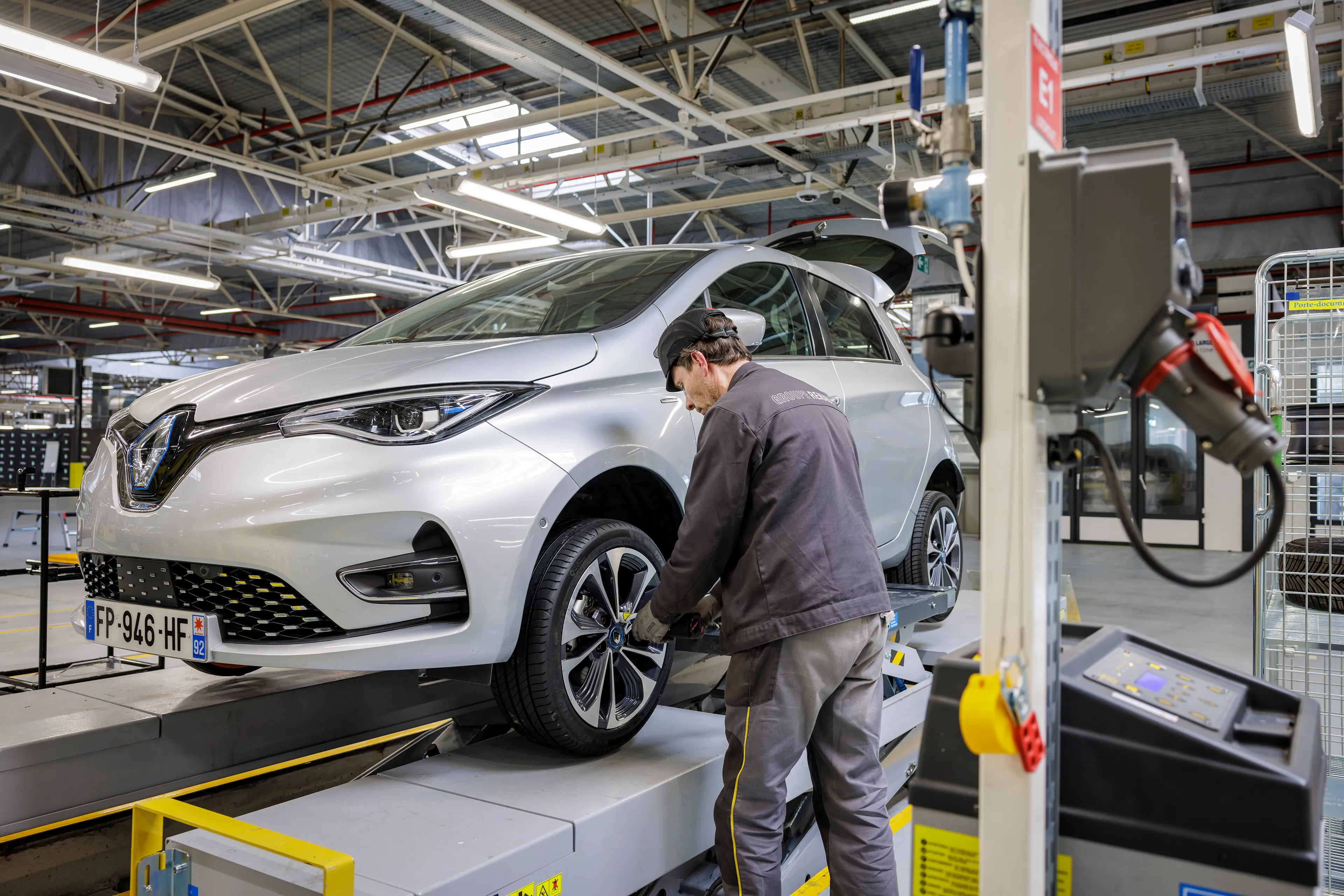
Designed for repairing damaged vehicles, The Bodywork Factory uses an industrial process that makes it possible to :
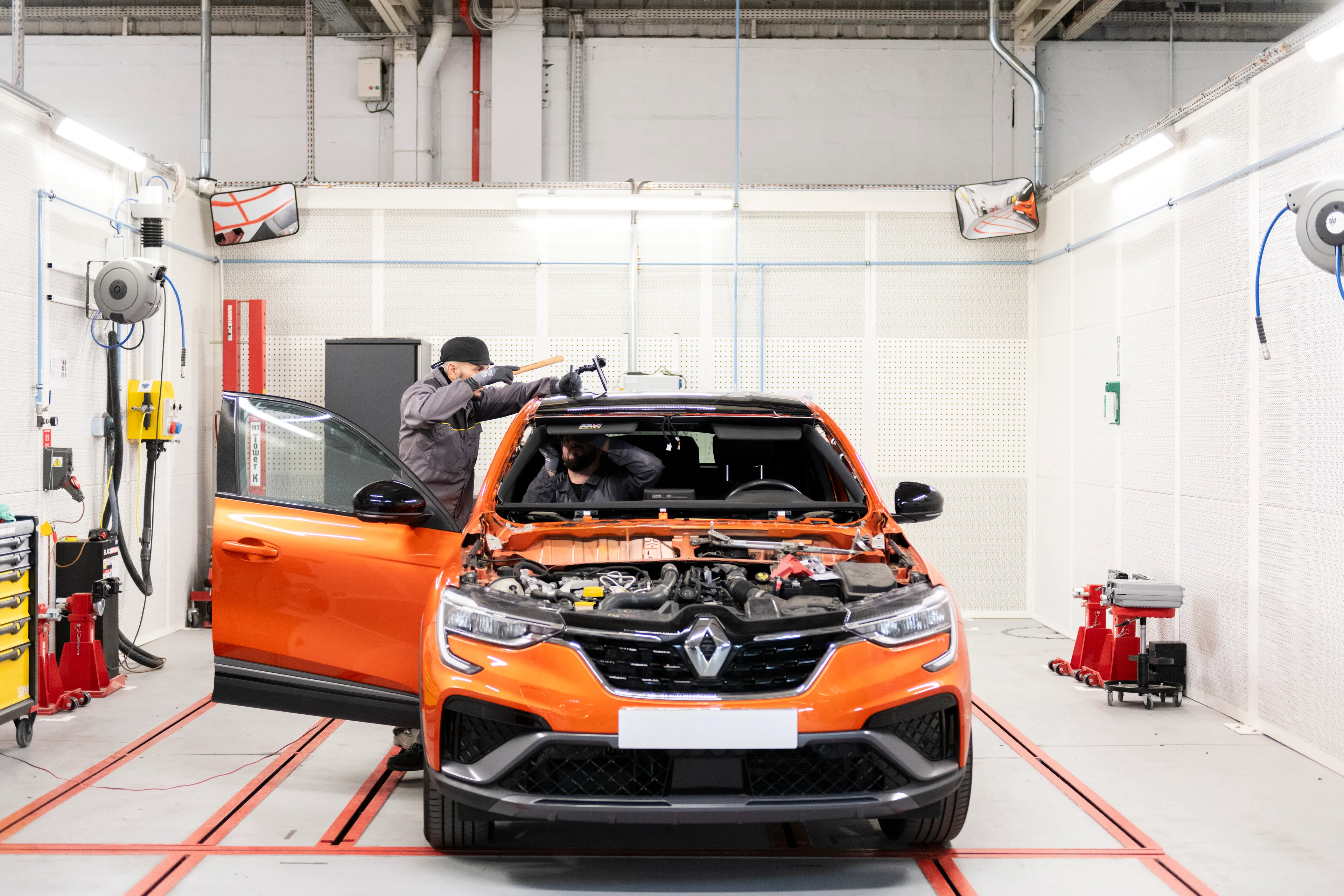
This activity ensures that all types of rims are upgraded. Based on the standard exchange principle, used rims are replaced with refurbished rims before being refurbished themselves. The industrial refurbishment process is standardised to optimise costs and lead times. It can process up to 30 rims per day. Its capacity is expected to double by the end of 2025.
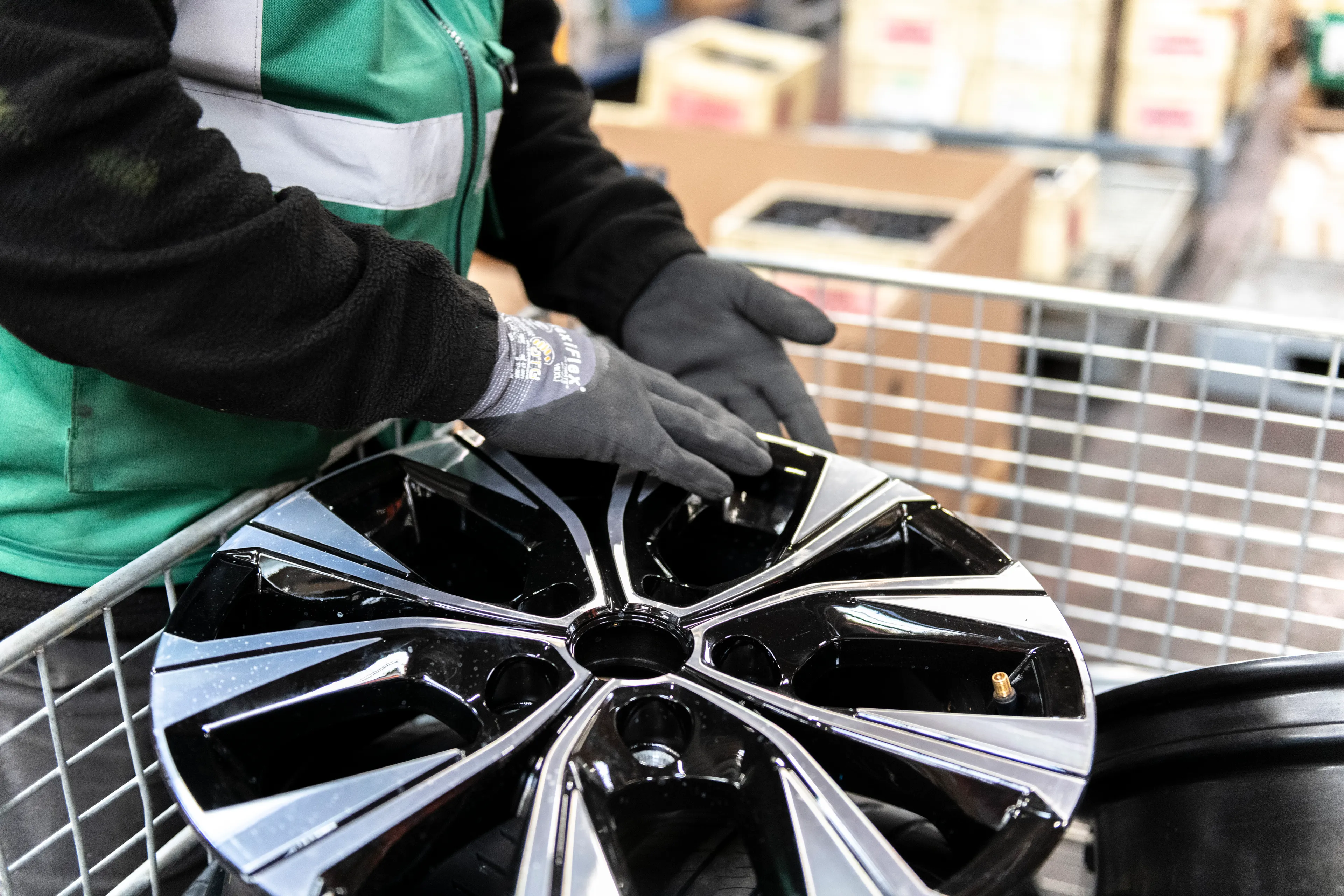
Converting a Master* from combustion to electric power reduces its exhaust CO₂ emissions to zero. The vehicle can then circulate without restriction in Low Emission Zones (LEZs). The Refactory in Flins has joined forces with a specialist retrofit partner, TOLV, to offer an attractive economic solution for vehicles that are already equipped and have undergone costly conversion. The powertrains extracted from the vehicles are processed by THE REMAKERS, the Refactory entity in charge of parts refurbishment.
*Master III, manufactured from 2014 to 2019
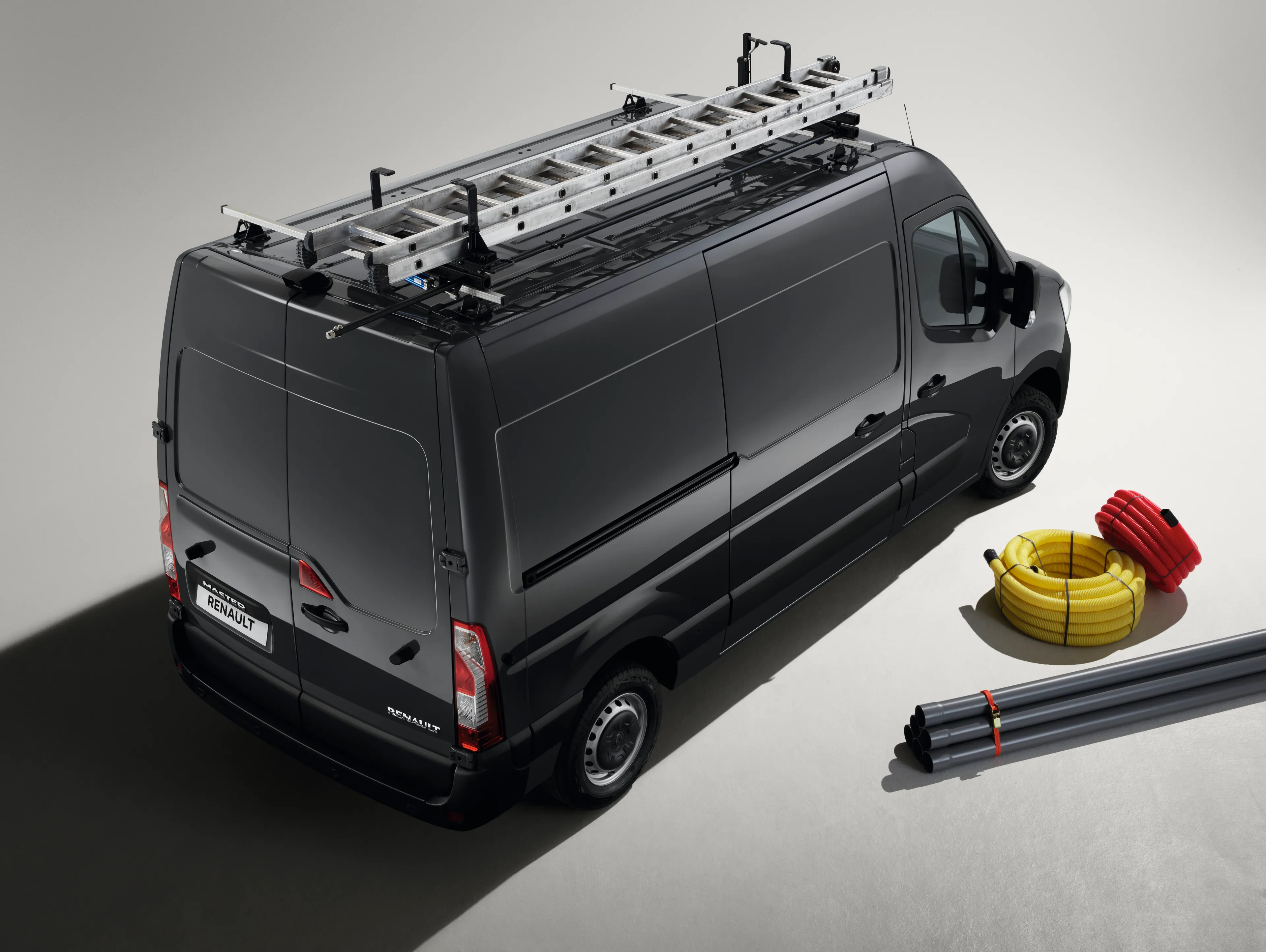
Because 99% of electric vehicle batteries are repairable, our subsidiary GAIA, part of The Future Is NEUTRAL, has been developing its expertise in this type of repair since 2011. In 2024, 3,000 electric or hybrid vehicle batteries were reconditioned at the Battery Expertise and Repair Centre in Flins (CERBF), at the Refactory.
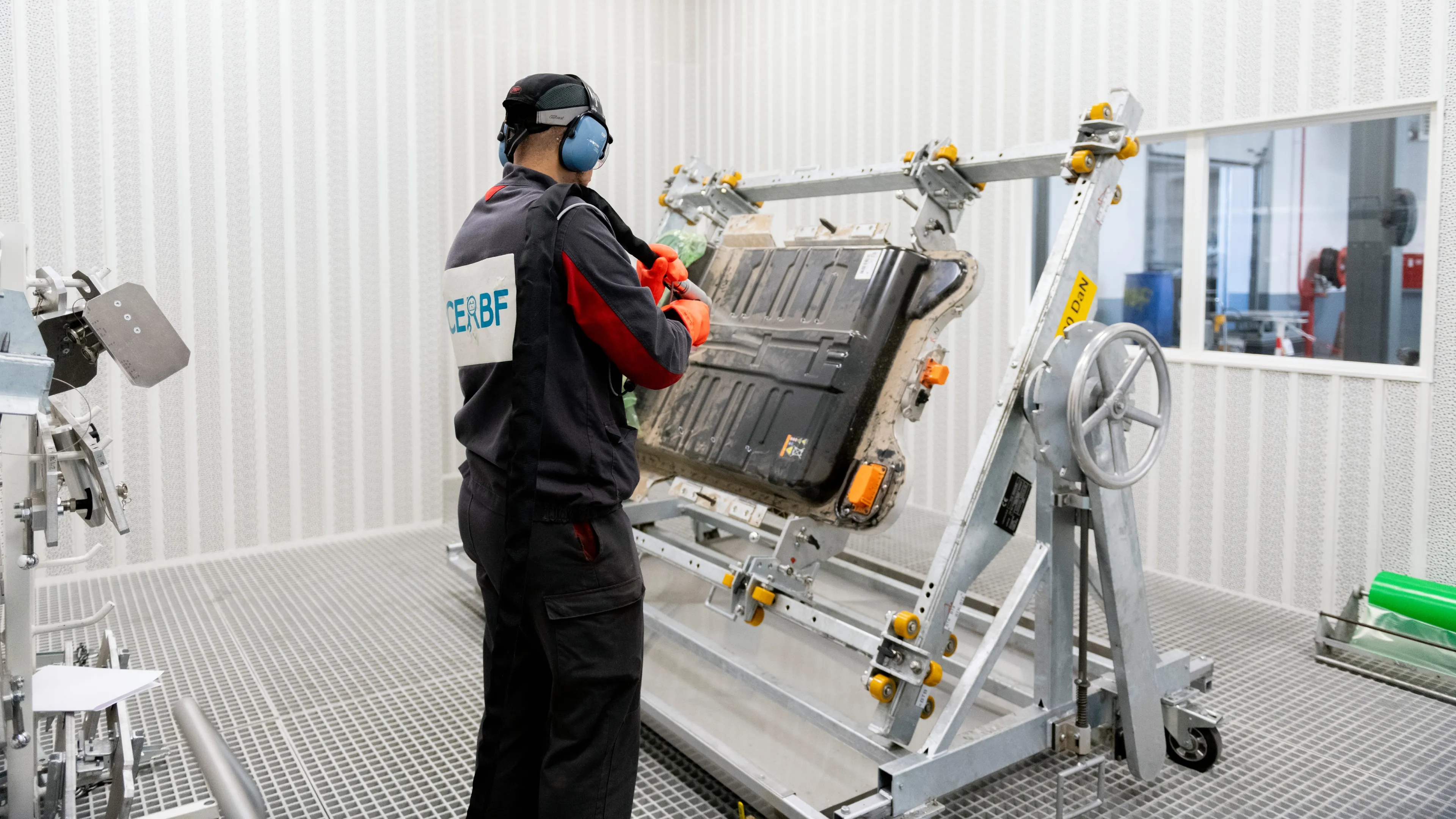
When electric car batteries are no longer capable of powering a vehicle, they can be recycled for use in electrical energy storage. At the Refactory in Flins, more than 500 batteries provide large-scale stationary electricity storage (15 MWh).
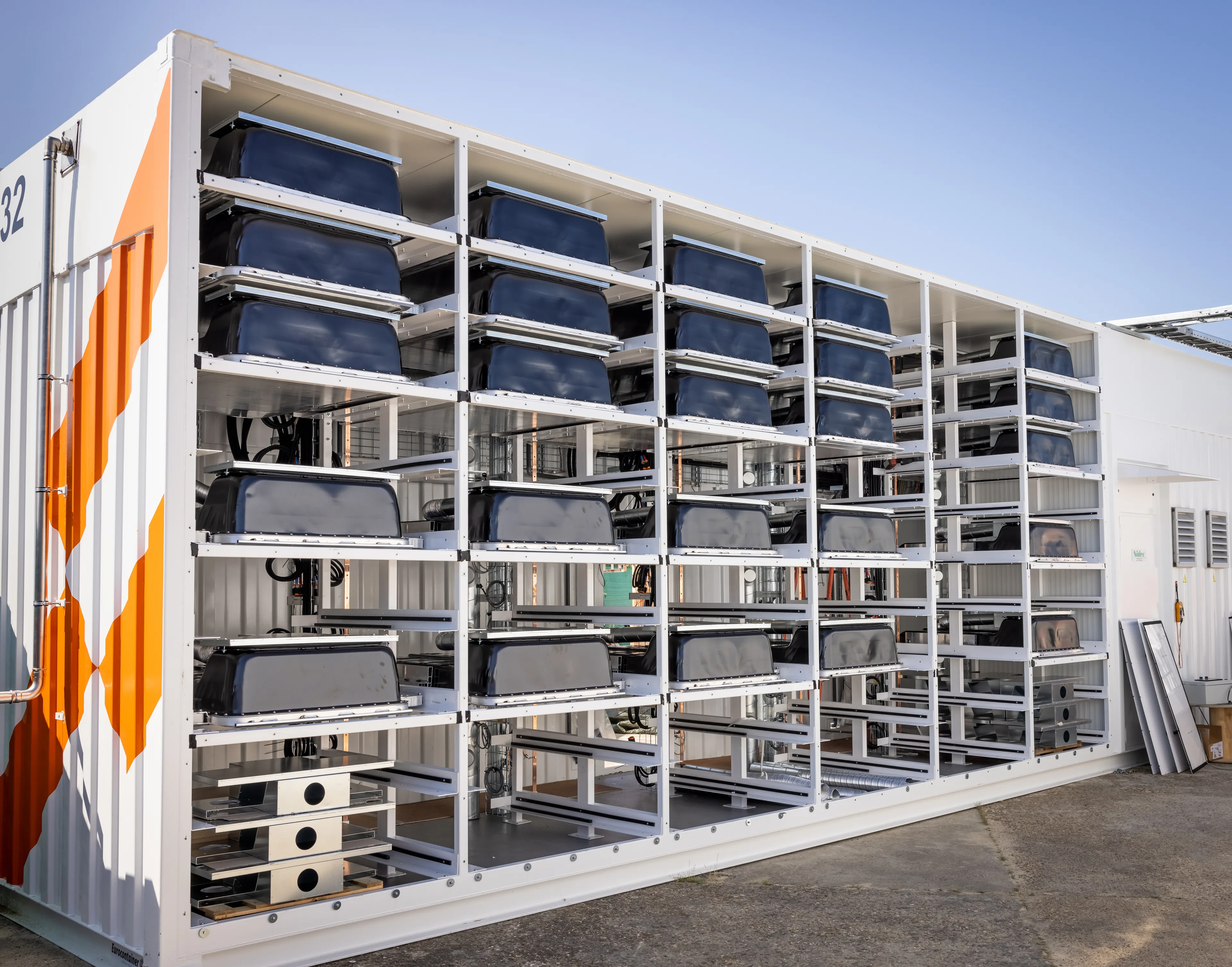
Experts in automotive parts remanufacturing since 1949, THE REMAKERS refurbishes mechanical, mechatronic and electrical parts. In total, 350,000 parts (from among 11,000 references) were given a new lease of life in 2024, offering the same warranty and quality as new parts.
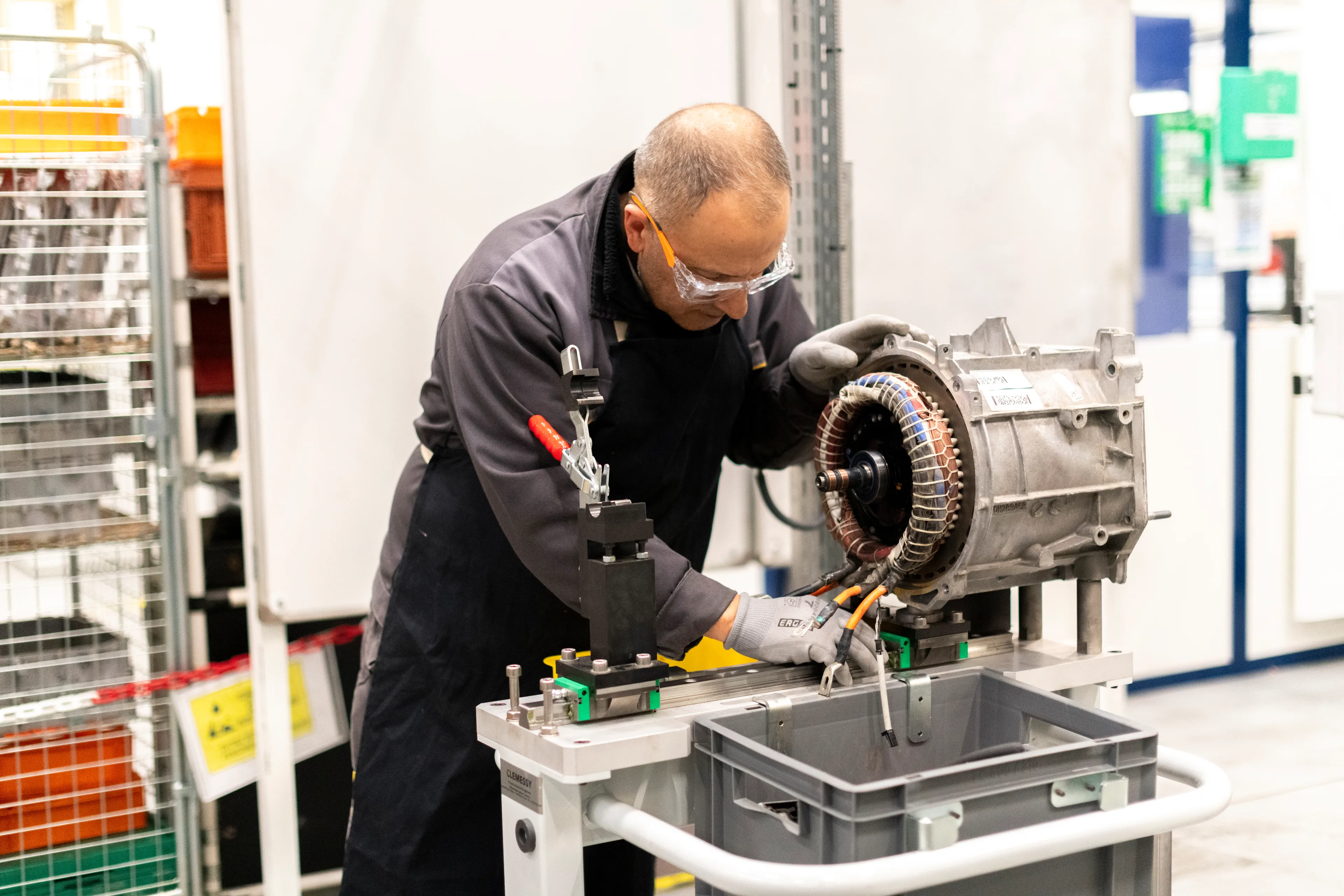
End-of-life vehicles dismantled at approved centres contain a wealth of recyclable materials. A standard vehicle contains between 10 and 20 kg of copper. GAIA, a recycling specialist, recovers polypropylene, copper, precious metals and other materials, which are then reused in a closed loop for the manufacture of new vehicles.

The Refactory in Flins produces more than 6 million parts per year: the vast majority are parts for new vehicle manufacturing, as well as spare parts used in repairs. The Refactory in Flins is the exclusive supplier of sheet metal parts for Master, as well as exhaust systems for Kangoo and Trafic.
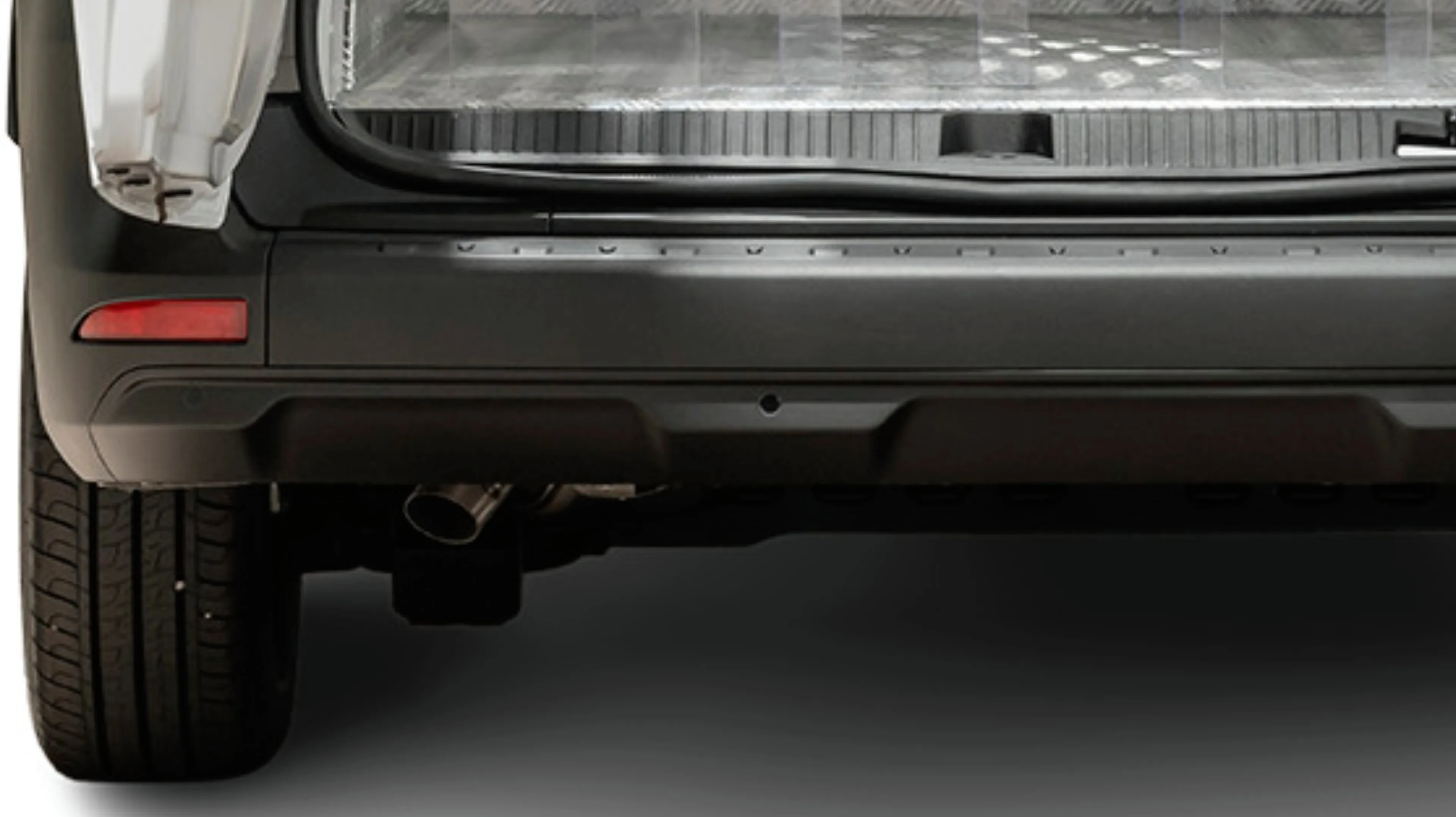
Diagnosing, renovating, repairing, dismantling, sorting, reusing, recycling… on an industrial scale. The Circular Mobility Industry Campus meets the training needs for these new professions. The first campus dedicated to these activities, this hub is open to everyone – students, academics and professionals, both from the Renault Group and outside. It provides guidance and training from CAP (French NVQ equivalent – National Vocational Qualification) to Master’s level, and enables the development of research projects with academic and professional partners. It offers the advantage of bringing all these audiences together in a single location, backed by an industrial site operating in real-world conditions. Through learning expeditions, audiences can gain a practical understanding of circular economy activities and draw inspiration from them to develop their own projects.
Key figures :

The Hub is a start-up incubator with circular economy solution projects in new areas of activity. The Refactory in Flins supports them in the industrialisation of these solutions by providing material resources and the site’s industrial expertise. More than 30 start-ups have been supported in this way, including #dotdot, BATCONNECT and VOK in 2025.
Key figures :
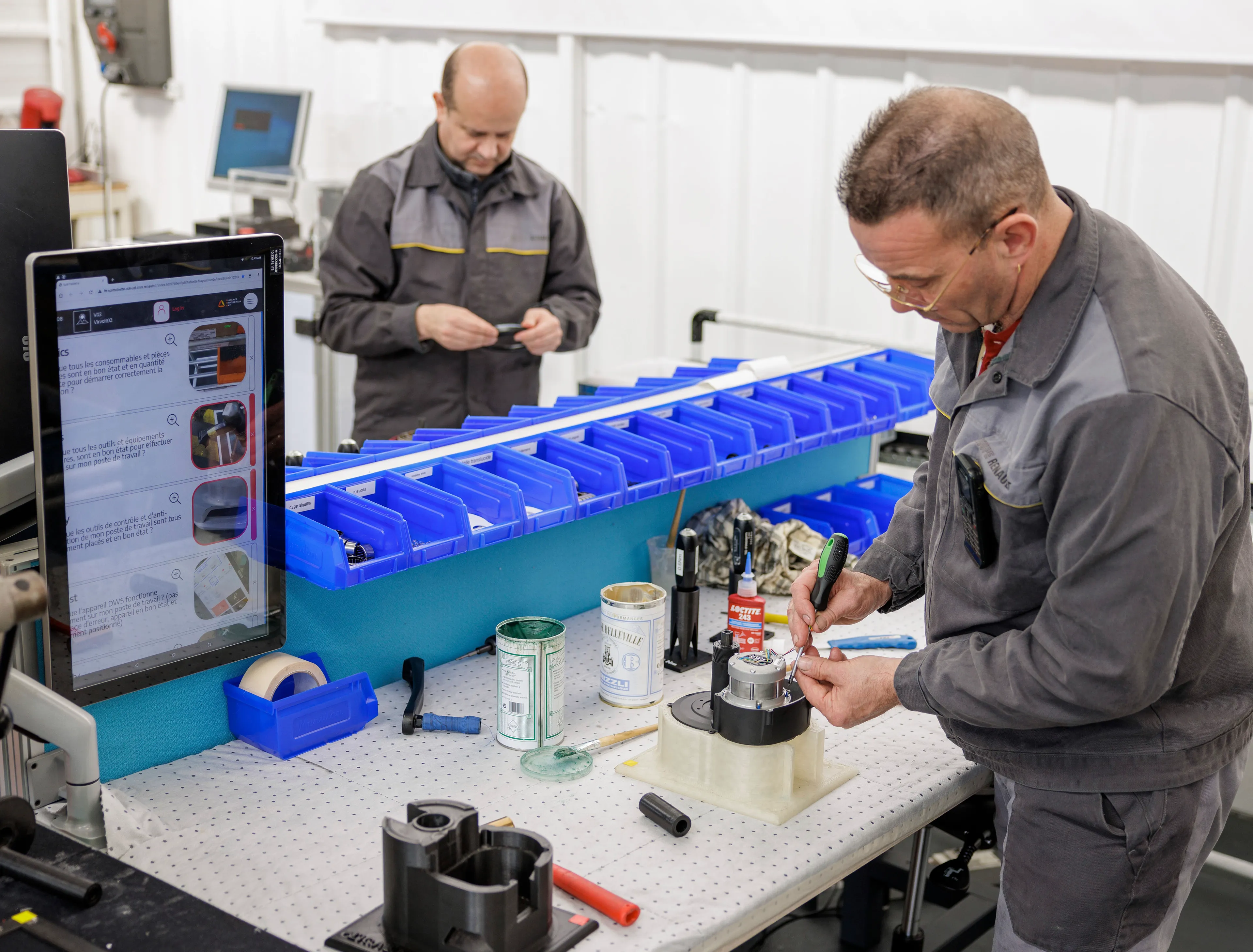
The industrial control tower collects operating data from more than 650 stamping presses in the Group’s factories around the world. It monitors their operation in real time, detects potential breakdowns and anticipates maintenance requirements. It was developed as part of the Industry Data Management 4.0 programme.
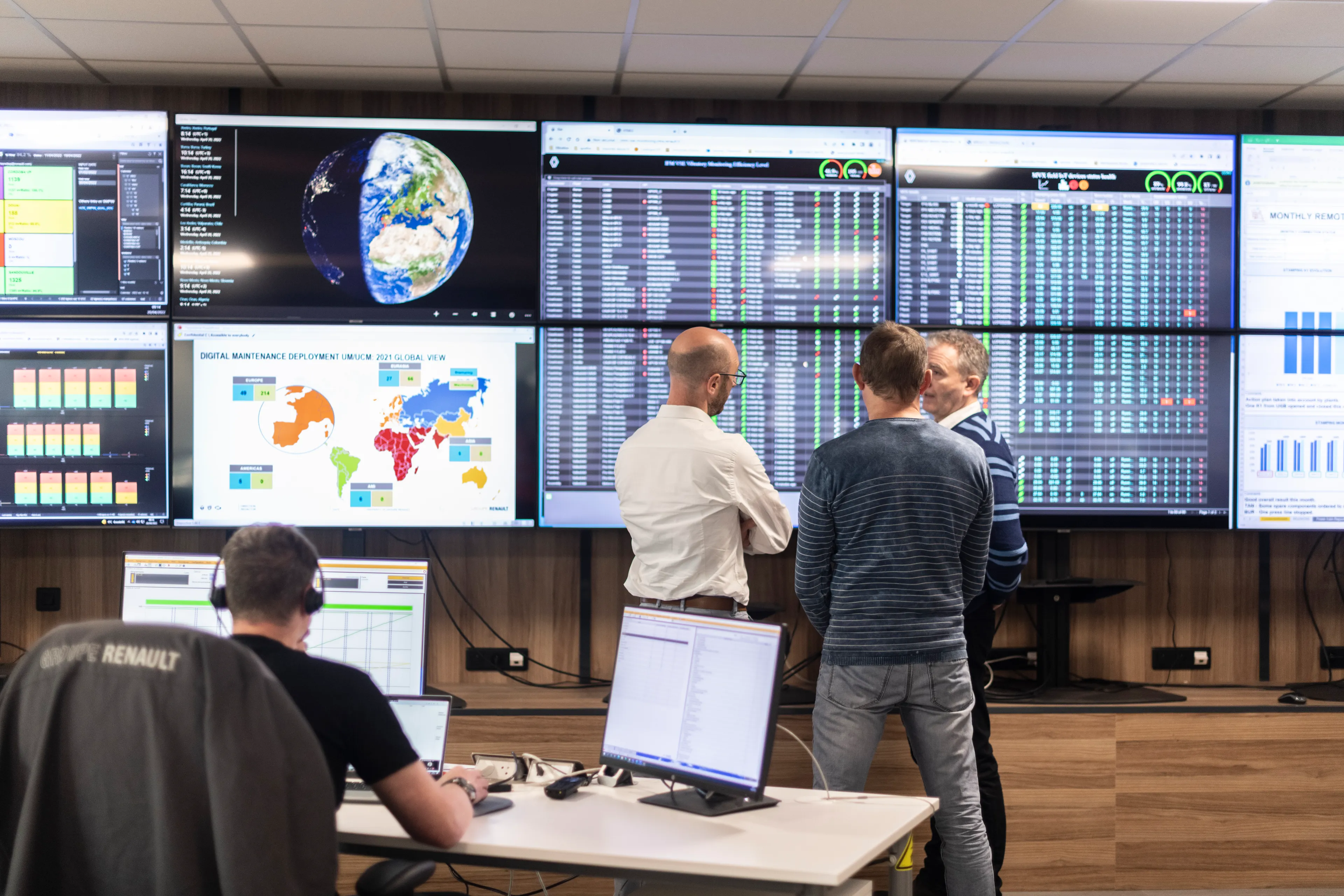
To capitalise on industrial robotic equipment for as long as possible, the Refactory in Flins offers the Group’s factories a production equipment retrofitting service. More than 200 robots were retrofitted in 2024 before returning to the production lines.
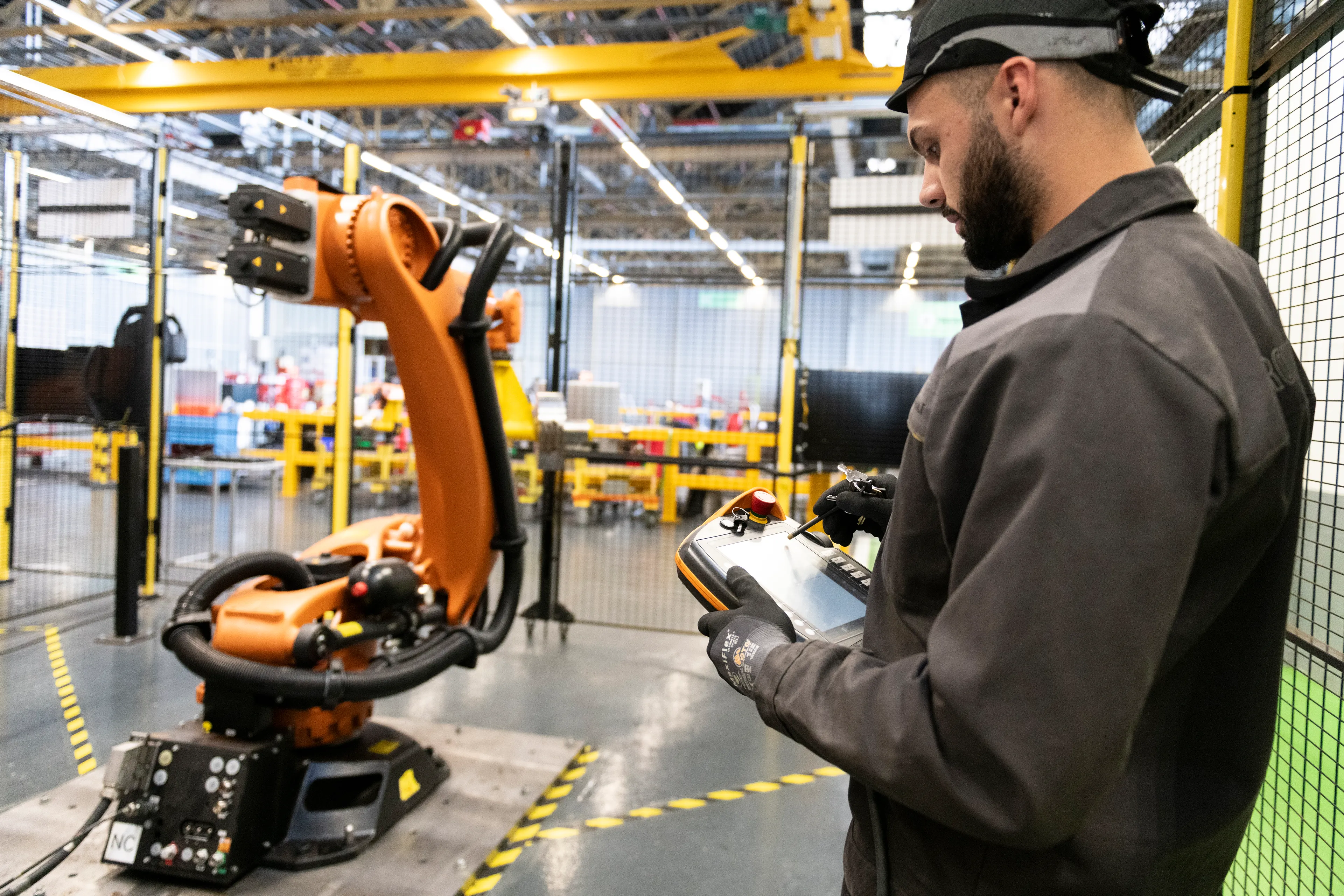
Equipped with a range of technologies, the Refactory in Flins’ 3D printing centre manufactures prototype parts and series of accessories, particularly for the R5 and R4 models.
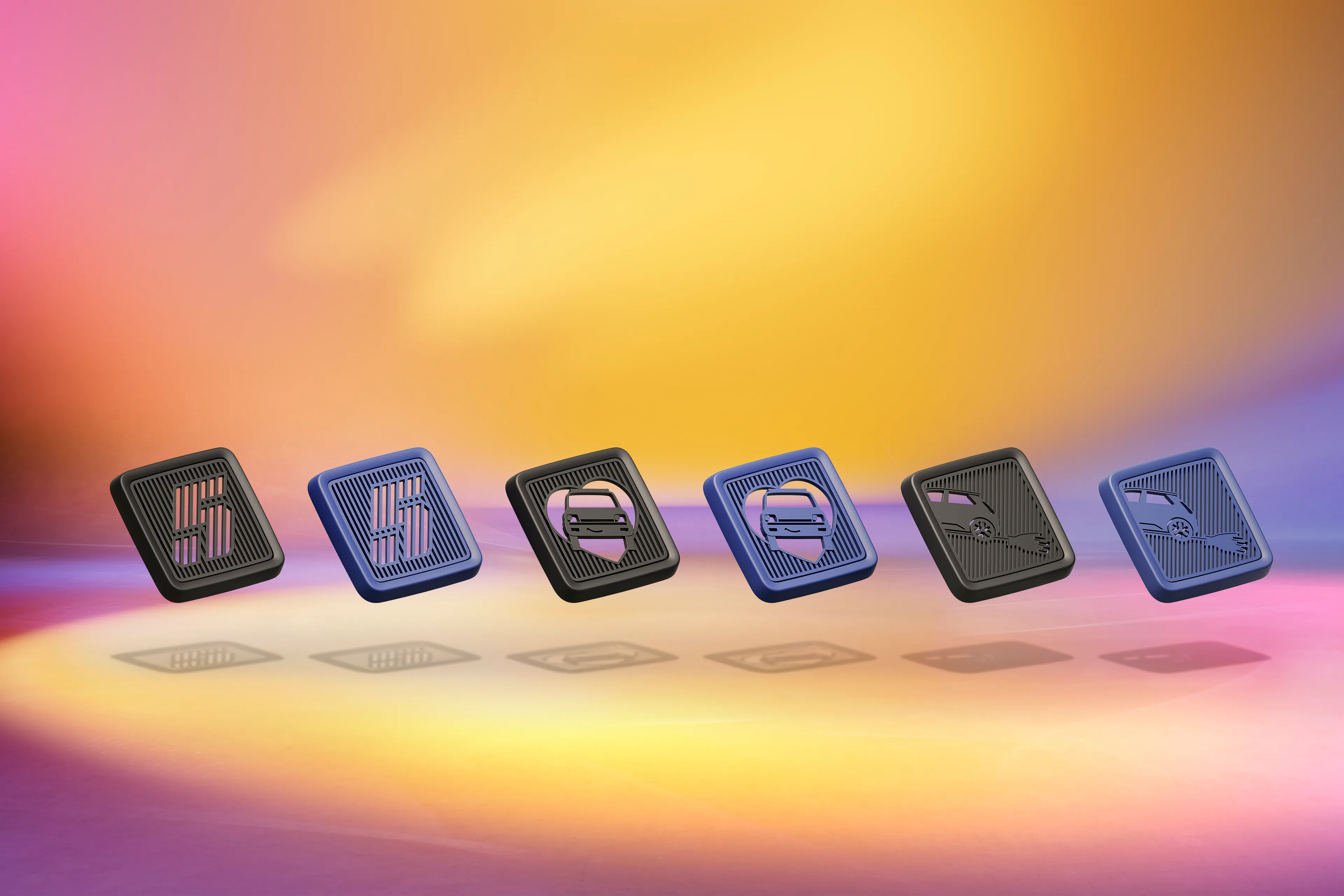
The Flins Refactory is part of the Renault Group’s sustainable development policy and is committed to ensuring that its activities are environmentally friendly through continuous improvement. The environment is a key issue for the site, particularly in terms of contributing to the Group’s industrial site decarbonisation strategy and being fully involved in the prevention and control of environmental risks.

The factory is committed to continuously improving the site’s energy performance and to preventing and reducing energy consumption that is not necessary for its activities.
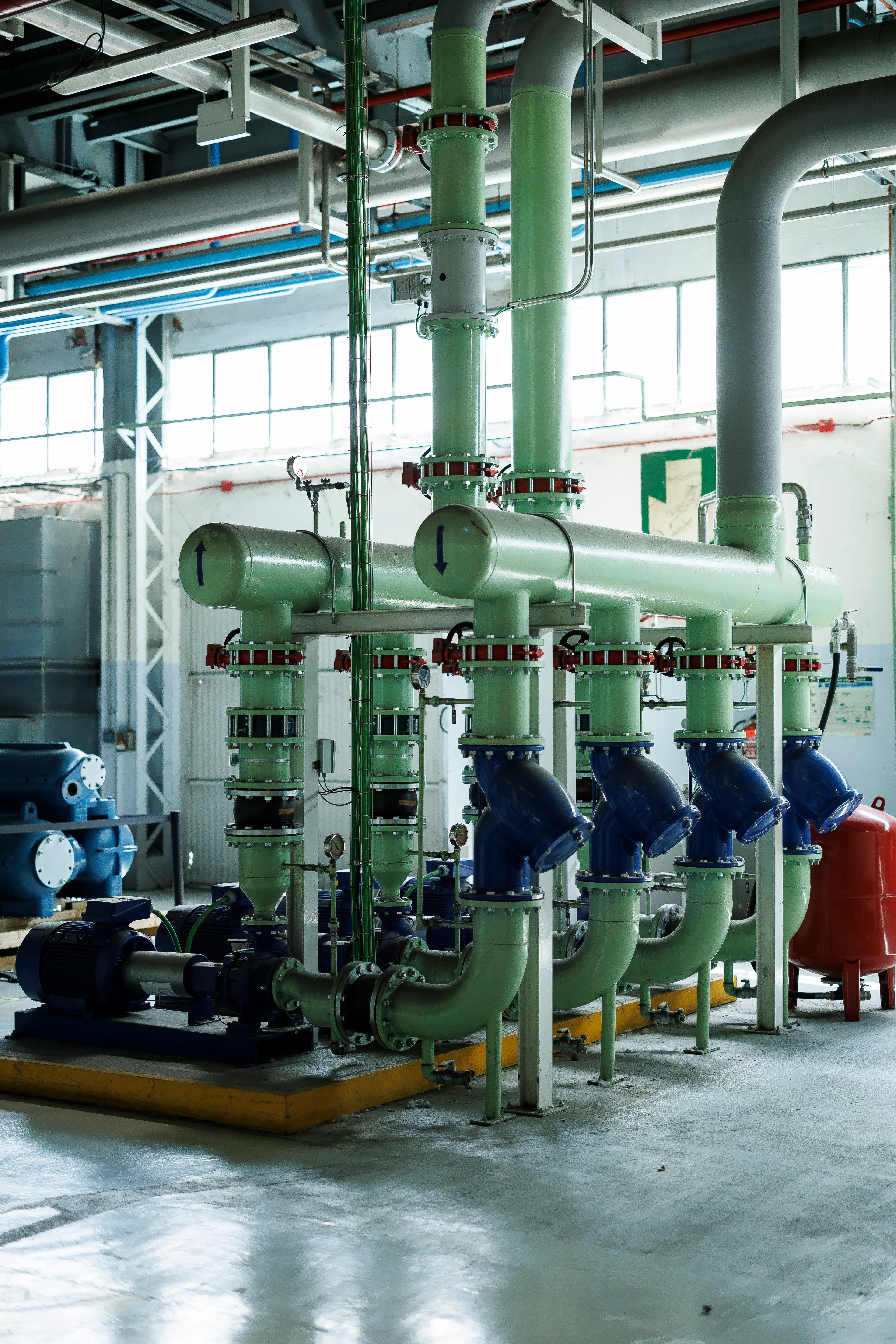
The Flins Refactory is at the heart of the Renault Group’s circular economy strategy. In a rapidly evolving market with increased regulatory requirements, the Refactory must therefore be exemplary in the quality of its activities.

On Wednesday 3 September 2025, the Refactory in Flins welcomed Eric Lombard, French Minister for the Economy, Finance and Industrial and Digital Sovereignty, along with several other members of the French government. The visit, dedicated to industrial innovation, focused more specifically on the use cases of robotics and artificial intelligence in the automotive industry.
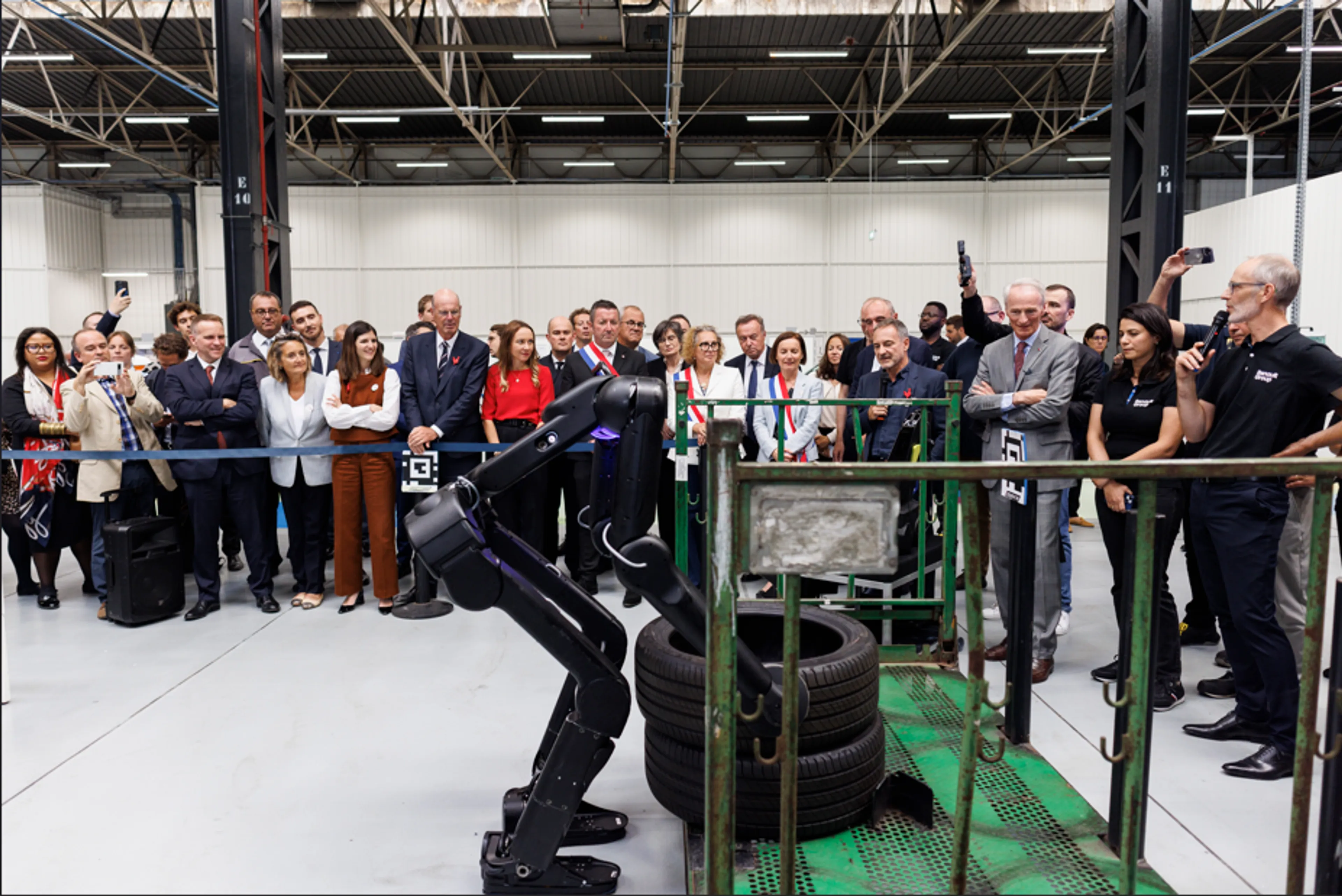
Refactory de Flins
Boulevard Pierre Lefaucheux
CS 30508 - 78415 Aubergenville Cedex
France
+33 1 76 82 72 72